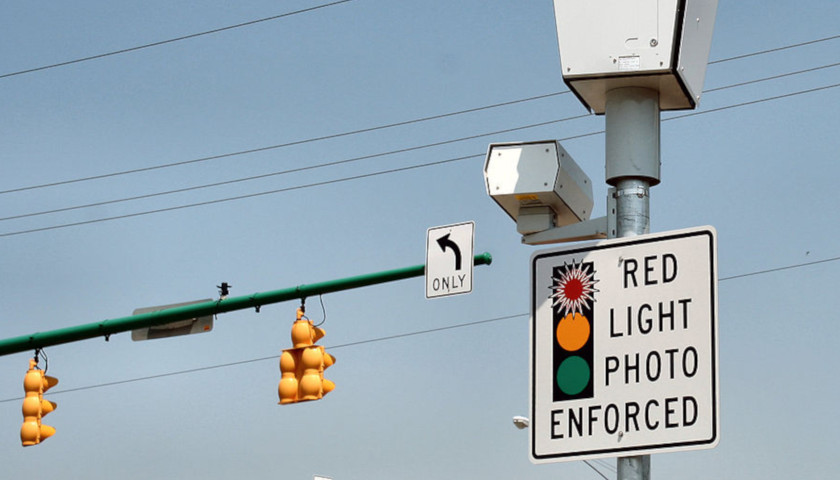by Tyler Arnold
Starting this month, any local government that uses traffic cameras to issue tickets will be financially punished by the state.
To discourage localities from using these cameras as a means to generate revenue, state government will remove all financial incentives for using them. The state will reduce the locality’s funding from the local government fund by the amount of revenue that the locality generates from fines issued because of information received from these cameras.
If the total revenue generated from these cameras is higher than the state’s annual funding for the locality, then next year’s funding for the locality will also be reduced by that additional amount.
In a study published almost a year ago, conducted by the Cleveland-based Case Western Reserve University, researchers found that it is unlikely that red-light cameras reduce accidents, but that they may actually increase accidents.
The study showed cameras make people more likely to slam on their breaks to avoid a ticket, which increased the amount of cars that were rear-ended.
Gary Daniels, chief lobbyist for the Ohio ACLU, did not provide an opinion on this legislation, but said that the ACLU’s concern with the cameras is whether people receive due process.
“Our sole interest in this area is to advocate for adequate due process and appeals procedures for those ticketed,” Daniels said.
The City of Toledo has been engaged in a legal battle with the state over laws restricting their use of traffic cameras. The city successfully won a legal battle with the state when the Ohio Supreme Court ruled that the state could not prohibit them from using traffic cameras to issue fines.
However, Toledo also entered a legal battle with the state for the legislation that financially targets cities that generate revenue with these cameras. A judge temporarily blocked state enforcement of the provision in Toledo until the case is settled, but this decision does not impact any other localities.
– – –
Tyler Arnold reports on Virginia, Ohio and Michigan for The Center Square. He previously worked for the Cause of Action Institute and has been published in Business Insider, USA TODAY College, National Review Online and the Washington Free Beacon.






In these studies, a lot of detailed data has been published that show us the essence of the topic, which is quite important.